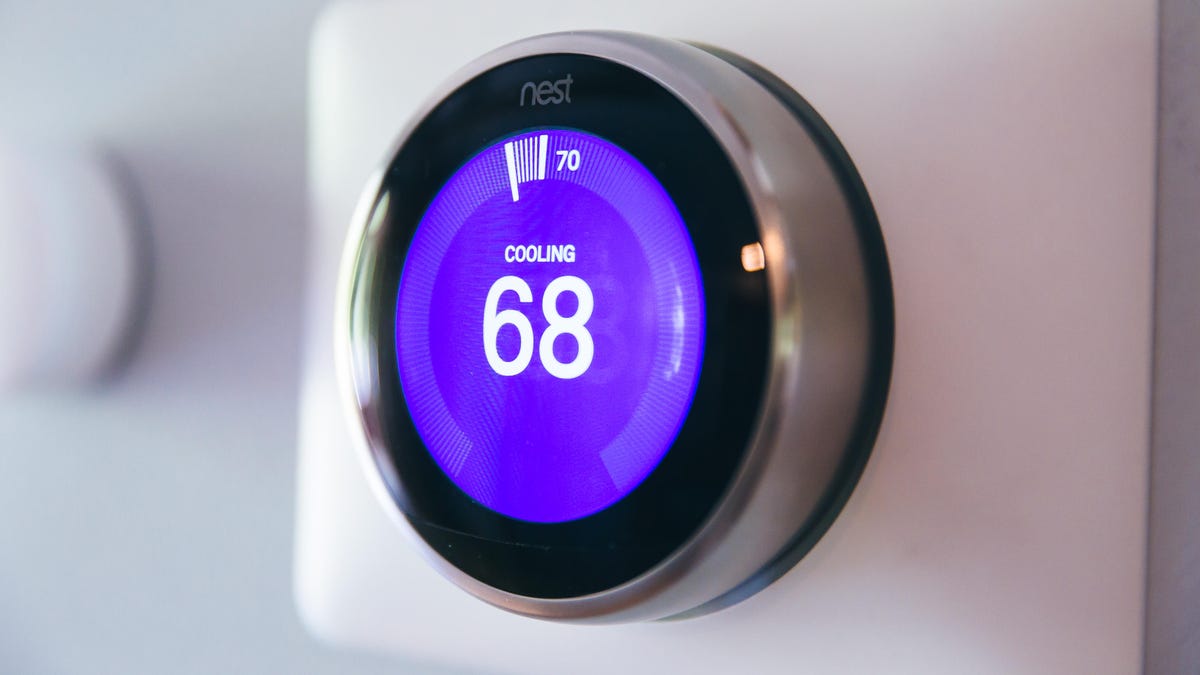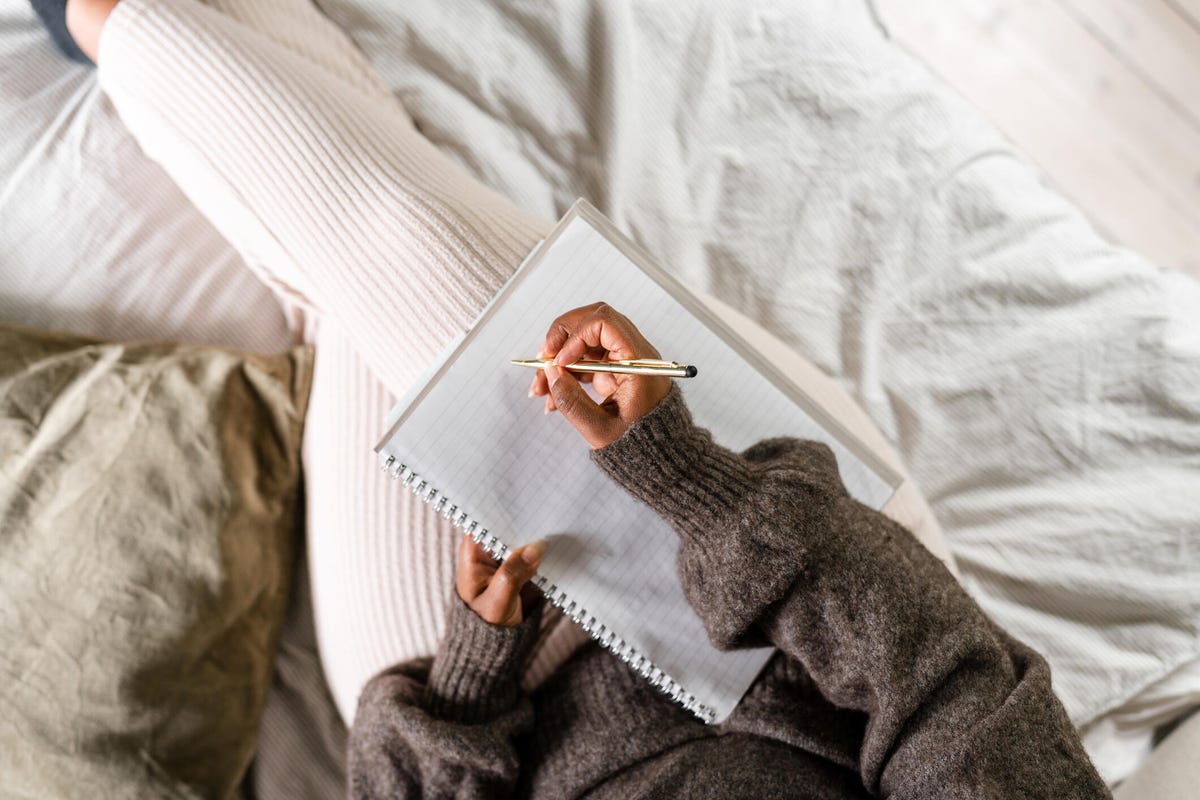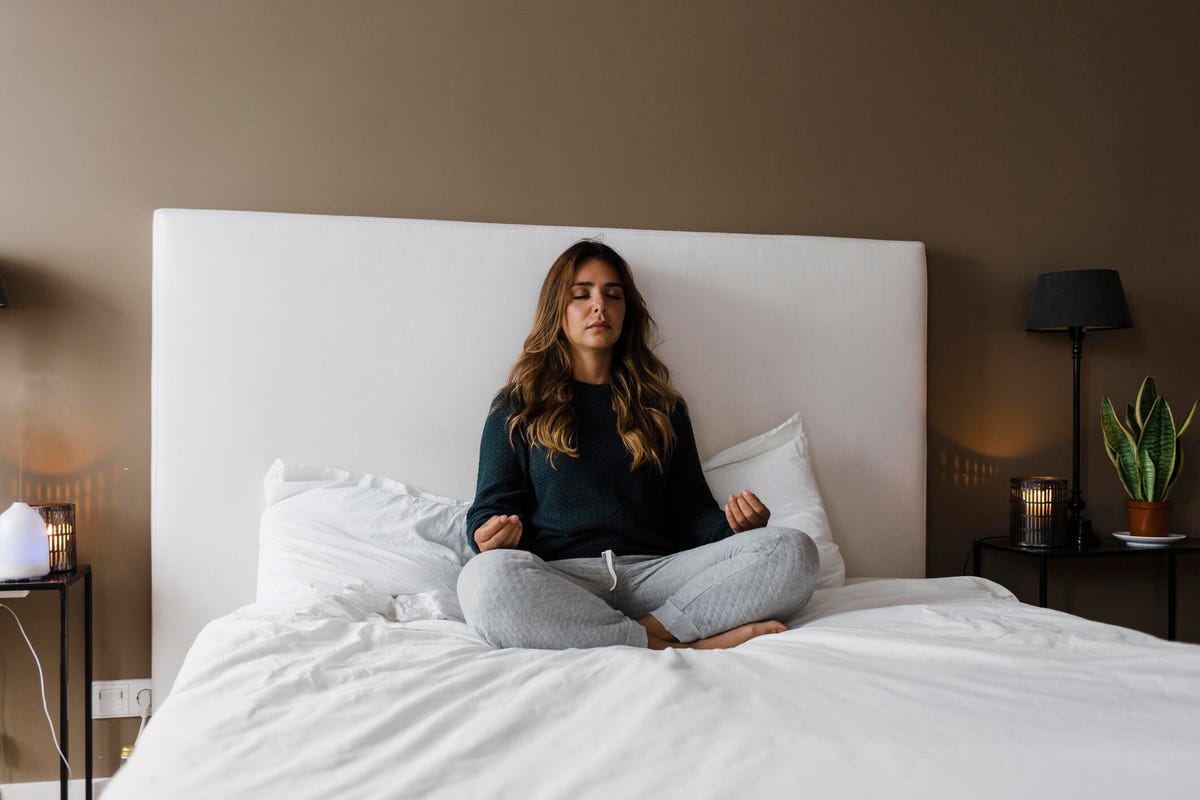There’s one thing we do every night that greatly impacts all aspects of our well-being: sleep. The Centers for Disease Control and Prevention estimates that more than 30% of adults in the US don’t get enough sleep, and that makes us tired, cranky and caffeine-addicted. The reasons for poor sleep health range from having the wrong pillow and mattress to fighting your natural circadian rhythm.
We can’t forget the role that technology plays in our sleep quality, too. There’s a lot of research that it could be wrecking our sleep, keeping us up too long and preventing us from getting enough quality sleep, night after night.
While tech can help you better understand your sleep patterns and quality, it is also responsible for screwing up your sleep patterns. If you’re staying up too late binge-watching Netflix or scrolling through Instagram in bed until the wee hours (guilty), it’s not too late to save your sleep. There are a lot of sleep myths out there, so let’s dive into what really works when you’re wondering how to get better sleep with our expert list of tips and tricks.
Read more: 7 Sleep-Ruining Habits You Need to Cut Out ASAP
1. Address potential health issues first
The reason you might not sleep well at night may have nothing to do with your environment or your phone screen. There are several underlying health issues that could be to blame. For instance, sleep apnea is a dangerous condition that causes you to temporarily (and repeatedly) stop breathing while sleeping.
Perhaps your sleeping position is sabotaging your sleep. If you’re one of the 35% of all Americans who experience sleep disturbances, you know just how frustrating it can feel to constantly wake up at night. It’s a form of insomnia that can be attributed to a variety of factors, including what you’re eating or stress.
Sleep deprivation isn’t something you want to brush off or taut as a badge of honor — it can lead to serious chronic health issues.
Read more: 8 Products to Help You Stop Snoring

Keep your bedroom cool for the optimal sleep.
4. Create the perfect sleep environment
Winding down from your day is important to get the best rest and help you create the right environment to sleep better. Try creating a consistent sleep routine you follow daily.
Beyond that, your bedroom should be the perfect oasis to encourage sleep. Keep your thermostat low because the best sleep happens in a room that’s about 60-67 degrees Fahrenheit. Pair this with an upgraded mattress, pillows and a sound machine and you’re well on your way to the best night of sleep you’ve ever had.
Make sure your bedroom is dark and quiet: Use blackout curtains to keep the light out and limit sleep disruptions.
Do you wake up with a dry mouth, cracked lips or nosebleeds? The humidity in your home may be too low. A humidifier will add water vapor to the air, which can not only make the ambient temperature in the room feel cooler but also help combat your dry skin and sinuses. Having a humidifier can also remove bacteria and allergens from the air, keeping your throat and sinuses comfortable.
If you see an overabundance of dust collecting in the corners (faster than it should), it may be time to consider an air purifier. You may also consider adding plants to the bedroom. Not only do plants liven up a space to make it feel more homey, but certain plants have anxiety-relieving and air-purifying effects that may help you get a better night’s sleep.
Read more: Best White Noise Machines for Better Sleep



